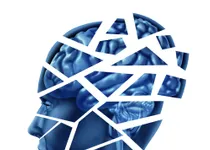
A form of dementia, Alzheimer’s disease is a progressive and irreversible condition marked by the gradual loss of memory and cognitive skills. While doctors are still uncertain of exactly what causes the onset and the progression of the disease, patients do develop toxic deposits in the brain, including plaques, tangles and protein deposits. As these toxins spread, neurons function less efficiently and eventually stop performing altogether. Genetics is believed to play a role in the development of Alzheimer’s disease, though behavioral and environmental factors can also contribute to increased risk. Treatment is palliative, aiming to slow the progression of the disease and maintain as high a quality of life for the patient as possible.